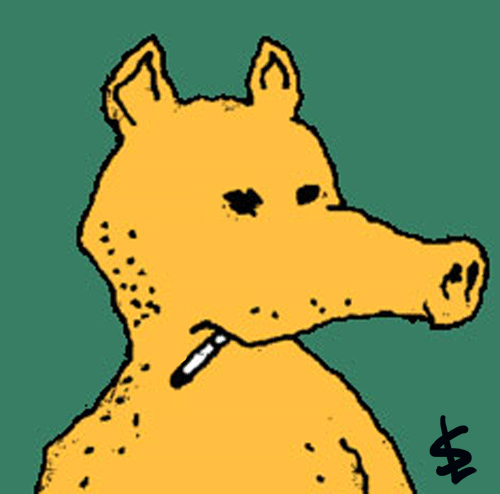Eedee wrote:Are you trolling me here?
The definition I said of a scientific theory is accurate. The Big Bang theory is as close to fact as we can get. Same with the theory of gravity and the theory of evolution. The Universe is expanding, that's a fucking fact. Scientists all over the world AGREE the Big Bang is the leading explanation of the facts we find as we observe the universe.
And the fact you called it the "theory of evolutionism" is very telling you have no idea what you're talking about.Actually, smart ass, I added 'the theory of' after already completing the sentence with evolutionism. Then went back and changed it. As I told class, your sad attempts at condescension aren't going to work here.
You're a fucking idiot. That's all I can say.
http://dictionary.reference.com/browse/ ... theory?s=tscientific theory
noun
a theory that explains scientific observations; "scientific theories must be falsifiable" Nowhere is there a mention of
fact in the definition of scientific theory.
No, the big bang is not the closest we can get to a fact. There are many other theories just as popular as the big bang theory.. This doesn't make them facts. No matter how hard you want to believe that it does, your belief in something does not make it a fact.
Again, I can't reiterate this enough: You're a fucking idiot. SOME scientists
theorize that the universe is expanding. Have you or has anyone else been to the edge of the universe? We barely have the technological advancements to get to the next planet over, how the hell can you claim that it's a
fact that we know so much about the universe? Your arrogance is astounding.
Scientists all over the world also agree that String Theory is plausible. Steady State Theory is plausible. M-theory, etc.
Actually, the Big Bang theory is NOT a theory about the creation of the universe. It is a description of the behavior of a universe with a constant amount of energy-matter, which is allowed to cool in an expanding universe.
When we run the theory backwards (to see how the universe behaved in the past) we come to a moment where we can no longer explain what happens. We can't even explain how time itself could have existed "before" a certain moment. This is why we conclude that there was a moment that marks the "beginning" of the universe as we perceive it.
However, the Big bang theory does not tell us how the universe began (whether it was "created" or if it came from some other type of universe).
The scientist who came up with the hypothesis that later became the Big bang theory was a priest. That is why the earliest moment that can be analyzed using the Big Bang theory is sometimes called "creation".
---
There are ideas as to what could have come BEFORE the first moment at which the Big Bang theory can be applied (the "beginning" or the "creation"). However, because they cannot yet be tested, they are not officially theories yet, even though some of these ideas carry the word "theory" in their names.
The cyclic universe. M-theory. String theory. Multi-verse (the ones with the colliding "branes", where the collision energy and site provides the expanding energy we perceive as being our universe). And many more.
http://discovermagazine.com/2008/apr/25 ... :int=0&-C=I'm not getting in to this again. Your arguments circumvent way too often. And as I said already, you obviously haven't read my references that I posted.


 I noticed you conveniently left out the end of my post.
I noticed you conveniently left out the end of my post. 







